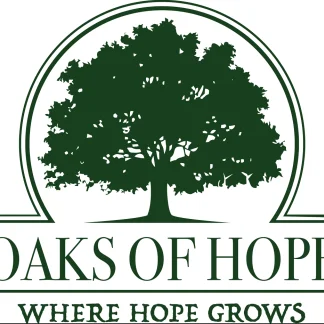Oasis Women's Recovery Community
Oasis Women’s Recovery Community offers addiction and mental health treatment fo...
Oaks of Hope is a private rehab located in Santa Clarita, California. Oaks of Hope specializes in the treatment of alcoholism, drug addiction, dual diagnosis, mental health and substance abuse, and opioid addiction.
Contact us for more information: (866) 705-4673

Connect with Oaks of Hope by calling their admissions team directly.
(866) 705-4673 Website Get DirectionsThe Joint Commission, formerly known as JCAHO, is a nonprofit organization that accredits rehab organizations and programs. Founded in 1951, the Joint Commision's mission is to improve the quality of patient care and demonstrating the quality of patient care.
Joint Commission Accreditation: Yes
In individual therapy, a patient meets one-on-one with a trained psychologist or counselor. Therapy is a pivotal part of effective substance abuse treatment, as it often covers root causes of addiction, including challenges faced by the patient in their social, family, and work/school life.
Life skills trainings involve all the skills a person must have in order to function successfully in the world. These include time management, career guidance, money management, and effective communication. Truly successful addiction recovery is based on the ability to not only live substance-free, but to thrive. Life skills teaches the practical necessities of functioning in society, which sets clients up for success in life, and therefore sobriety.
Life skills trainings involve all the skills a person must have in order to function successfully in the world. These include time management, career guidance, money management, and effective communication. Truly successful addiction recovery is based on the ability to not only live substance-free, but to thrive. Life skills teaches the practical necessities of functioning in society, which sets clients up for success in life, and therefore sobriety.
Oasis Women’s Recovery Community offers addiction and mental health treatment fo...
AA – Alcoholics Anonymous – District 4 is a non-profit program that assists yout...
Santa Clarita Valley Central Office of Alcoholics Anonymous carries out certain ...
Child and Family Center is a private rehab located in Santa Clarita, California....